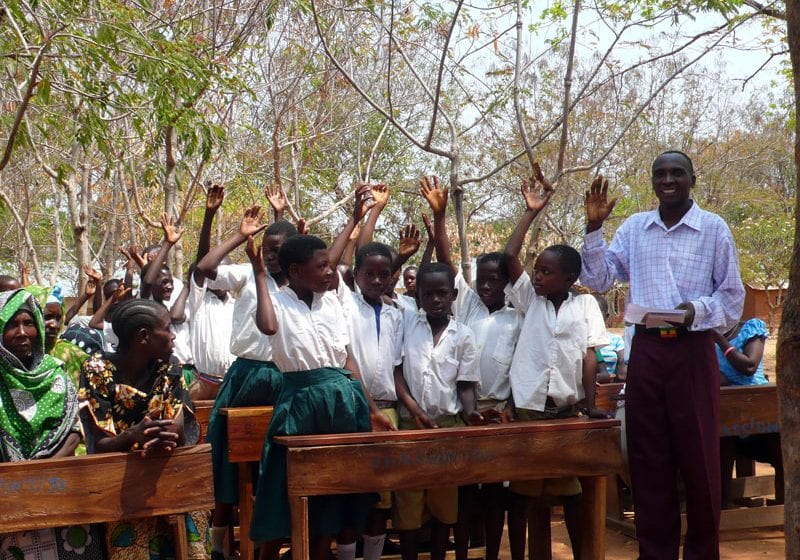Vapers and vaping advocates from Asian countries last week gathered in Jakarta, Indonesia, to call on their governments to allow and regulate the use of electronic cigarettes and heat-not-burn (HNB) devices, according to a story by Roderick T. dela Cruz in the Manila Standard.
The 1st Asia Harm Reduction Forum was held at the Shangri-La Hotel, Jakarta, on November 8-9.
Professor Achmad Syawqie Yazid, chief of the Yayasan Pemerhati Kesehatan Publik (Public Health Observer Foundation, YPKP) of Indonesia, which organized the forum, said that almost half of the world’s 1.1 billion smokers lived in Asia, with India and Indonesia having among the biggest populations of smokers globally.
Thousands died each day in these countries due to complications related to smoking, such as heart disease and cancer.
One of the major health problems in Indonesia was caused by its extremely high cigarette consumption. In fact, the smoking rate in Indonesia, where more than 57 million people smoked, was one of the highest in the world.
Despite the best efforts of public health officials in fighting the cigarette smoking epidemic in the region, smoking rates had stopped declining, Yazid says.
“This condition motivates us, public health observers in Asia, to immediately seek for the most efficient solutions to mitigate the risks of burning tobacco,” he said. “Countries in Asia need to take actions.”
Yazid said one of the most efficient solutions was to introduce alternative tobacco products with lower health risks such as nicotine patches, Swedish snus, e-cigarettes and HNB devices.
“In countries that promote the use of electronic cigarettes and heat-not-burn tobacco products such as Japan and the UK, smoking prevalence has been declining at a record speed,” he said.
“In the UK for example, 2.2 million smokers have quit smoking within five years.
“Japan has the world’s fastest decline in cigarette use, since two years ago.
“The US FDA [Food and Drug Administration] just announced this year that its anti-tobacco regulation will be fully geared towards harm reduction while New Zealand Ministry of Health just endorsed this month the use of electronic cigarettes,” said Yazid.
The full story is at: http://thestandard.com.ph/business/biz-plus/251492/asians-seek-less-harmful-alternatives-to-smoking.html.








